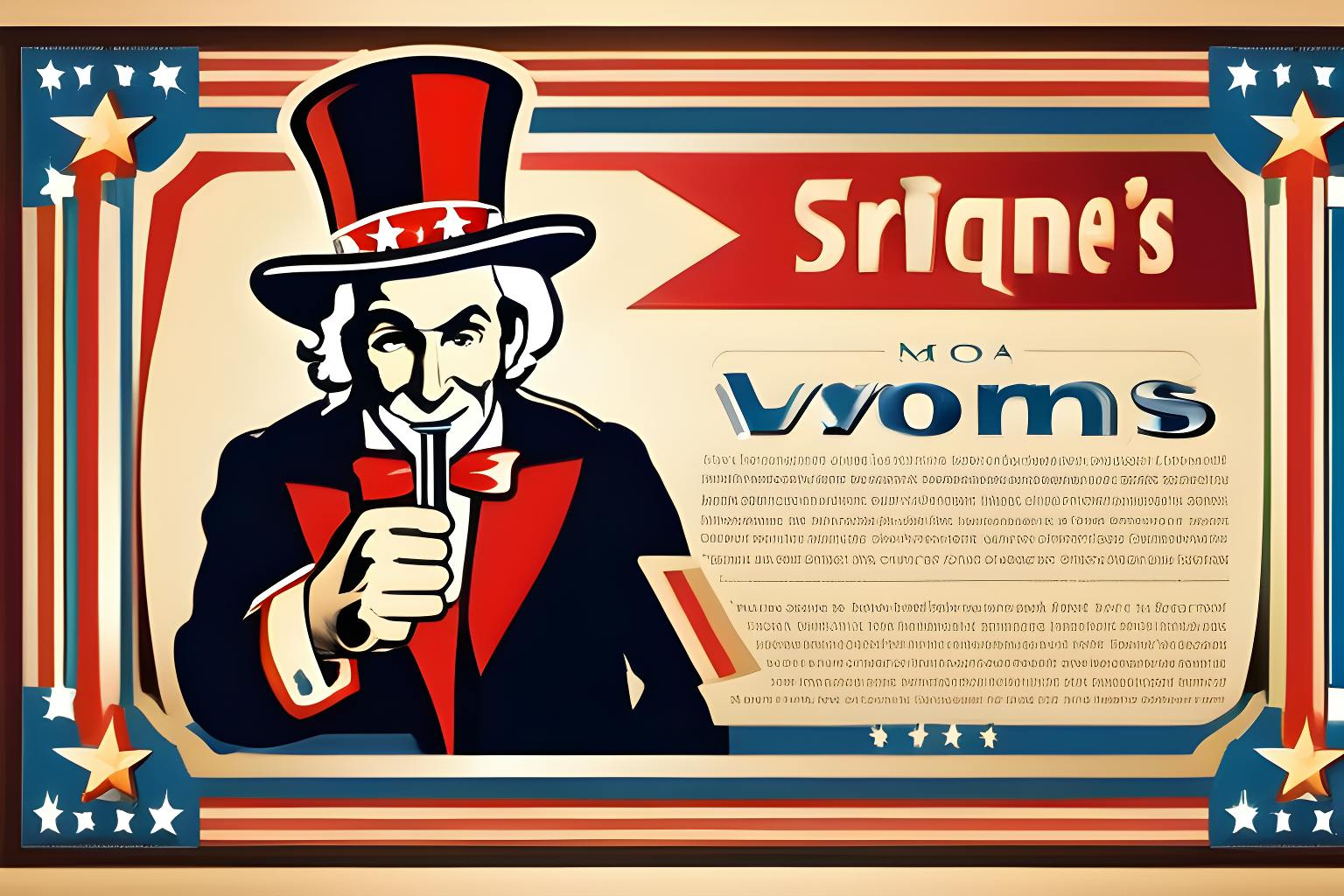Did Microsoft Violate the Sherman Act? Findings of Fact
by
August 25th, 2023
Audio Presented by

Legal PDFs of important tech court cases are far too inaccessible for the average reader... until now.
About Author
Legal PDFs of important tech court cases are far too inaccessible for the average reader... until now.
